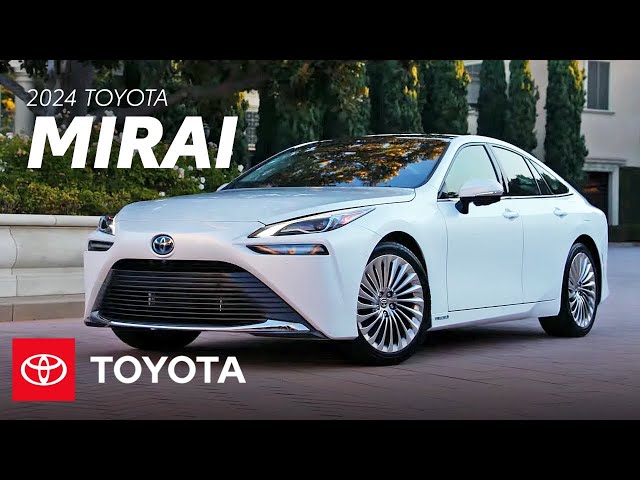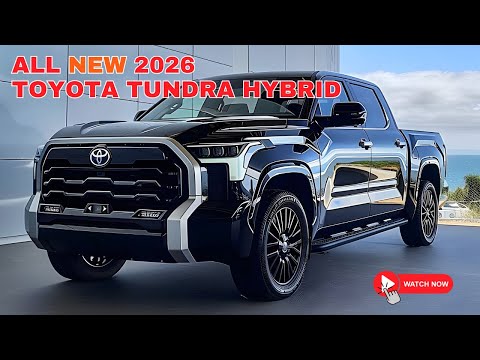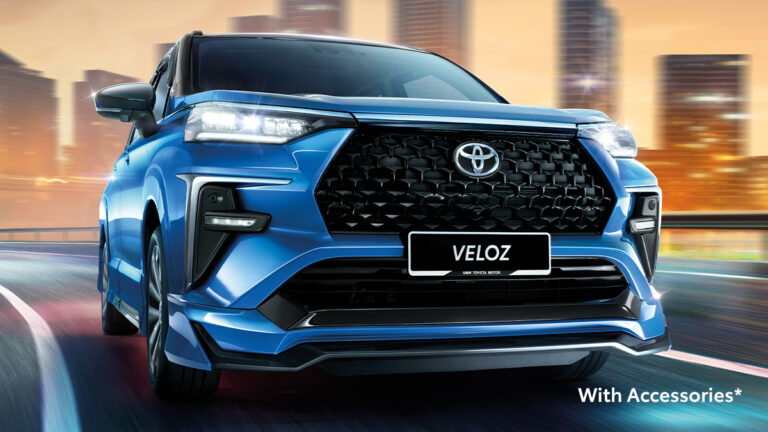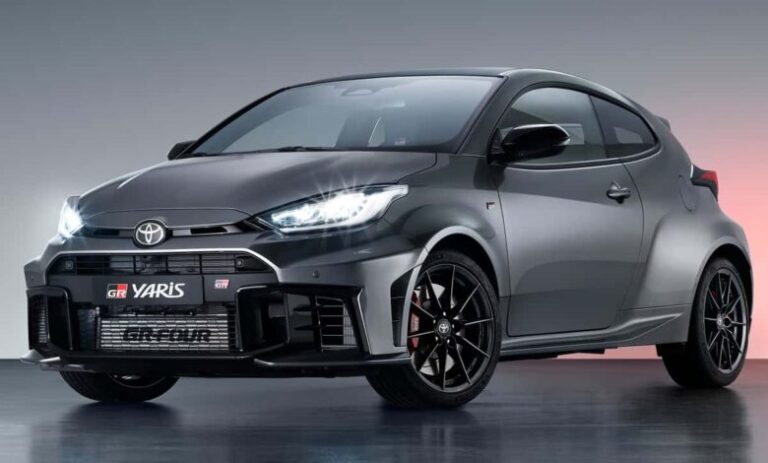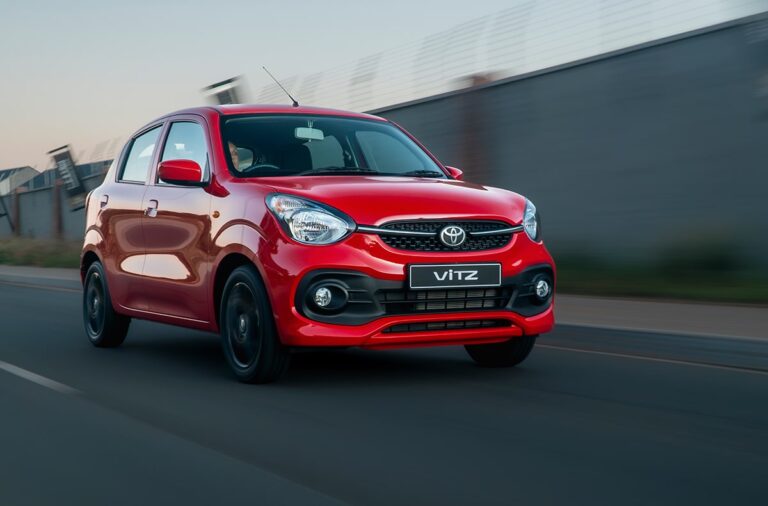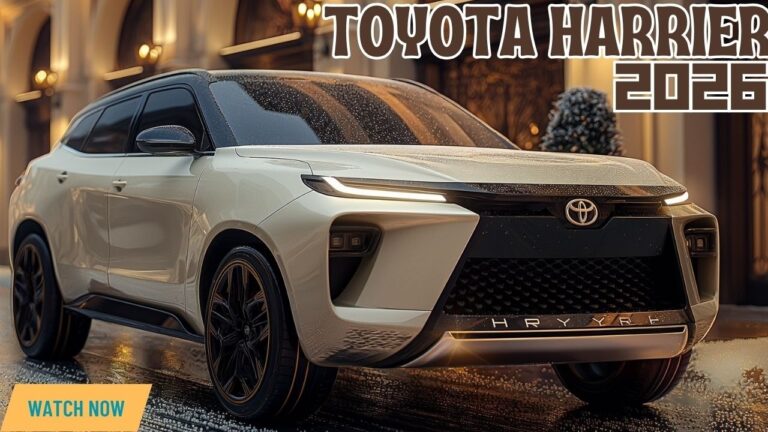Unveiling the New 2026 Toyota Mirai: A Hydrogen-Powered Revolution
As the automotive industry embarks on a transformative journey towards sustainable mobility, the New 2026 Toyota Mirai emerges as a beacon of innovation. This next-generation hydrogen fuel cell vehicle represents a significant leap forward, poised to redefine the future of eco-friendly driving.
With its sleek exterior and cutting-edge interior, the Mirai exudes a sophisticated presence. Its spacious cabin is adorned with premium materials and advanced technologies, ensuring a comfortable and engaging driving experience.
Table of Contents
Comparison to Competitors

The 2026 Toyota Mirai is a significant player in the hydrogen fuel cell vehicle market. It faces competition from a range of established and emerging automakers.
To provide a comprehensive overview of the Mirai’s competitive landscape, we will compare its specifications, features, and pricing with key rivals. This analysis will highlight the strengths and weaknesses of the Mirai relative to its competitors.
Key Competitors
- Hyundai Nexo
- Honda Clarity Fuel Cell
- BMW iX5 Hydrogen
Market Outlook and Future Prospects

The 2026 Toyota Mirai has a promising market outlook, driven by increasing consumer demand for eco-friendly vehicles, government incentives, and the growing adoption of hydrogen fuel cell technology in the automotive industry.
Hydrogen fuel cell vehicles (FCEVs) offer several advantages over traditional gasoline-powered cars, including zero emissions, extended driving range, and rapid refueling times. As governments worldwide implement stricter emissions regulations and promote sustainable transportation, the demand for FCEVs is expected to rise.
Government Incentives
Governments in various countries are offering financial incentives to encourage the adoption of FCEVs. These incentives include tax credits, rebates, and dedicated fueling stations. These measures aim to reduce the upfront cost of FCEVs and make them more accessible to consumers.
Industry Trends
The automotive industry is witnessing a shift towards electrification, with FCEVs playing a significant role. Major automakers are investing heavily in FCEV research and development, and the number of FCEV models available to consumers is increasing.
Challenges and Opportunities
Despite the positive outlook, the adoption of FCEVs faces some challenges. These include the limited availability of hydrogen refueling stations, the relatively high cost of FCEVs, and the need for a robust hydrogen supply chain.
However, these challenges also present opportunities for innovation and collaboration. Governments and industry leaders are working together to expand hydrogen refueling infrastructure, reduce FCEV costs, and develop efficient hydrogen production and distribution systems.
Future Prospects
The future prospects of FCEVs are promising. As technology advances and costs decline, FCEVs are expected to become more competitive with gasoline-powered vehicles. The development of hydrogen-powered heavy-duty vehicles and the use of hydrogen as a fuel source for industries beyond transportation further enhance the potential of FCEVs.
In the long term, FCEVs have the potential to play a major role in decarbonizing the transportation sector and contributing to a more sustainable future.
FAQ Summary
What are the key advantages of the Mirai’s hydrogen fuel cell technology?
The Mirai’s hydrogen fuel cell system offers several advantages over traditional gasoline or diesel engines. It produces zero tailpipe emissions, contributing to cleaner air and a reduced carbon footprint. Additionally, hydrogen fuel can be replenished quickly and efficiently, offering a refueling experience similar to conventional vehicles.
How does the Mirai compare to other hydrogen fuel cell vehicles in the market?
The Mirai boasts a competitive edge in terms of performance, range, and features. Its advanced hydrogen fuel cell system delivers impressive acceleration and a range that exceeds many competing models. Moreover, the Mirai’s spacious interior, premium amenities, and advanced safety systems set it apart as a leader in the hydrogen fuel cell vehicle segment.
What is the future outlook for hydrogen fuel cell vehicles like the Mirai?
Hydrogen fuel cell vehicles, including the Mirai, hold significant promise for the future of sustainable transportation. As governments and industries invest in hydrogen infrastructure, the availability of hydrogen fuel is expected to expand, making hydrogen fuel cell vehicles a more viable and accessible option for consumers. Moreover, ongoing advancements in fuel cell technology are continuously improving performance and efficiency, further enhancing the appeal of hydrogen fuel cell vehicles.
